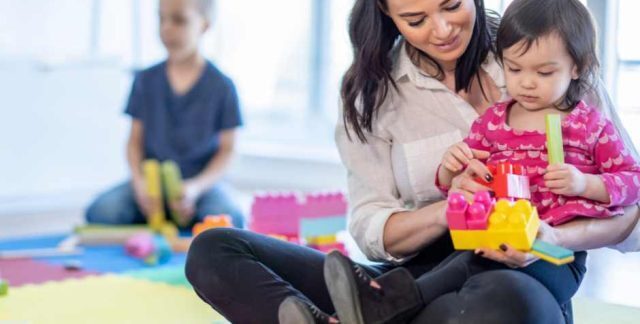Introduction
Statistics show that the prevalence of mental ill health among children and young people is increasing. One in eight people aged 5 to 19 now have a diagnosable mental health condition, such as an anxiety disorder, depression or a conduct disorder. This equates to three in every classroom!
Appropriate support and understanding are vital. Without this, a child with mental health difficulties is likely to become an adult with mental health difficulties too. We now know that half of all mental health problems experienced by adults first manifest themselves by the age of 14, yet only three in four children and young people with a diagnosable condition access the support they need.
This course aims to increase candidates’ knowledge and awareness of children and young people’s mental health. They will explore the factors that make an individual more vulnerable to developing mental ill health as well as the factors that can protect their well-being. Perhaps most importantly, they will look at how the care, compassion and vigilance of others can support children and young people to bounce back from setbacks and successfully deal with the challenges they may face during their childhood and teenage years.
Course code
OUMH
Location
Varies
Duration
It will involve 156 hours of personal learning to complete. Most students complete the course in 26 weeks, averaging almost 6 hours of personal learning per week.
Entry Requirements
Learners should be aged 16 and over, but otherwise there are no specific entry requirements for this programme
Course Content
The Certificate in Understanding Children and Young People’s Mental Health comprises five mandatory units that are presented in two concise modular workbooks:
MODULE A:
Unit 1: Understanding children and young people’s mental health in context.
Unit 2: The factors that may affect children and young people’s mental health.
MODULE B:
Unit 3: Understanding children and young people’s mental health concerns.
Unit 4: The impact of children and young people’s mental health concerns.
Unit 5: How to support children and young people with mental health concerns.
Assessments
The learning materials include an assessment, which allows learners to demonstrate achievement of all learning outcomes associated with each unit. Learners should complete the assessment remotely and submit it via the college’s online learning platform.
Progression
Learners will be able to further their own continuous professional development, which may improve their career prospects, or allow them to progress on to further qualifications such as courses in health and social care or related subjects.
Course Contact Details
E: openlearning@dumgal.ac.uk
T: 01387 734233
